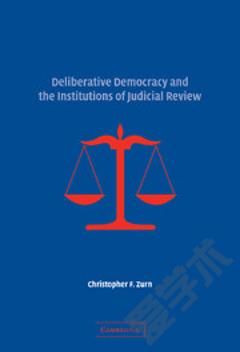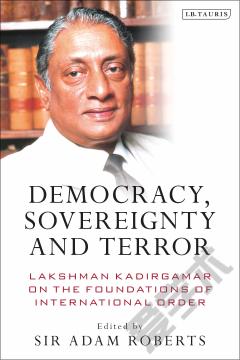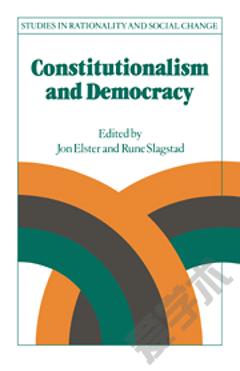Power Diffusion and Democracy —— Institutions, Deliberation And Outcomes
----- 权力扩散与民主:机构、审议和结果
Departing from the established literature connecting the political-institutional patterns of democracy with the quality of democracy, this book acknowledges that democracies, if they can be described as such, come in a wide range of formats. At the conceptual and theoretical level, the authors make an argument based on deliberation, redrawing power diffusion in terms of the four dimensions of proportionality, decentralisation, presidentialism and direct democracy, and considering the potential interactions between these aspects. Empirically, they assemble data on 61 democracies between 1990 and 2015 to assess the performance and legitimacy of democracy. Their findings demonstrate that while, for example, proportional power diffusion is associated with lower income inequality, there is no simple institutional solution to all societal problems.
{{comment.content}}








 京公网安备 11010802027623号
京公网安备 11010802027623号